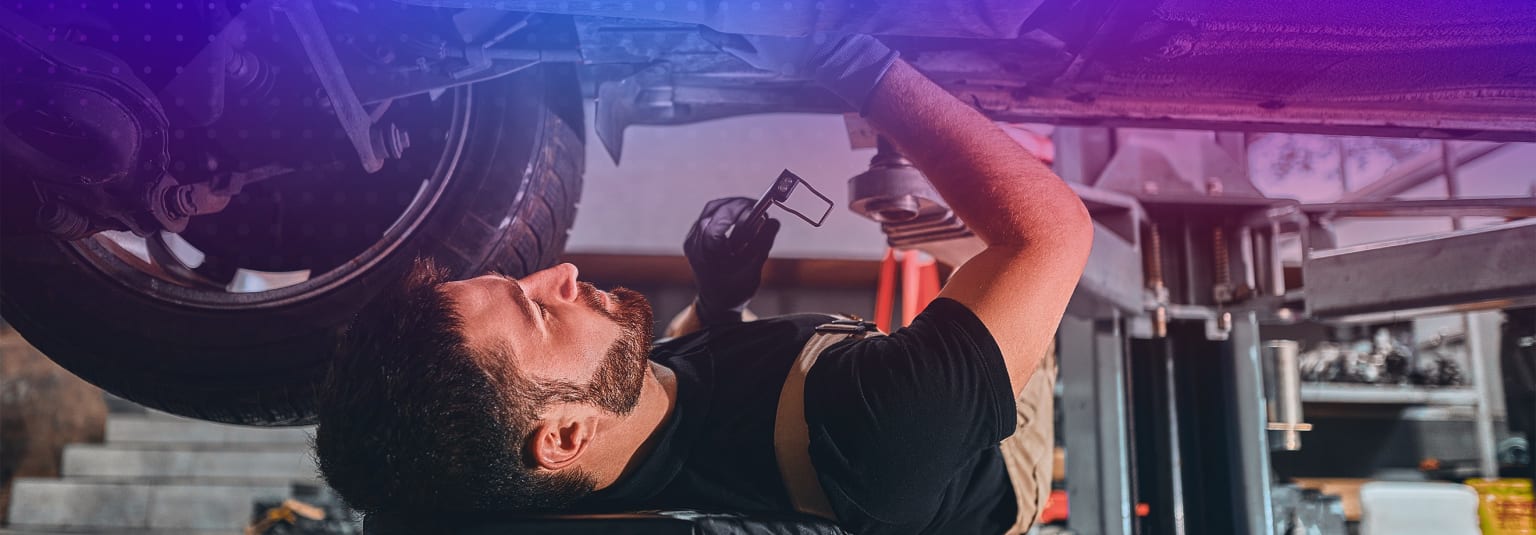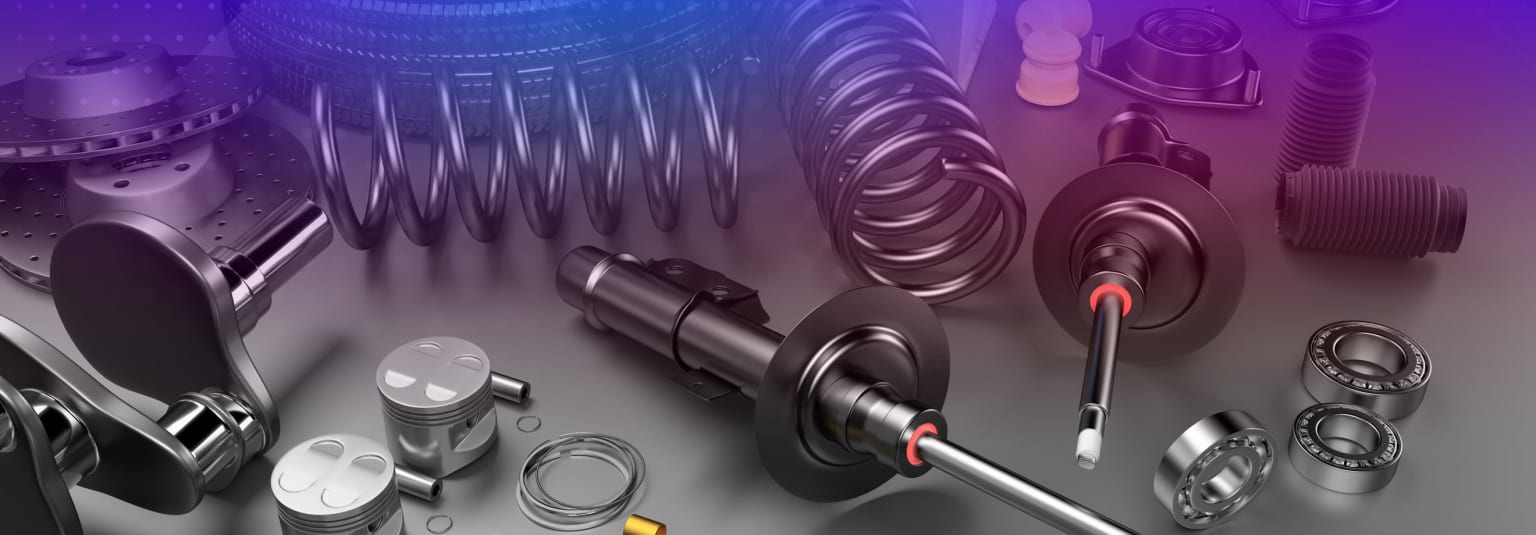
OEM vs. Non-OEM Parts
Finding Your Missing Part
As a vehicle owner, replacing parts is almost inevitable. When the time comes, you'll have to choose from two categories of parts: Original Equipment Manufacturer (OEM) parts vs. non-OEM parts, also known as "aftermarket" parts. Each option presents advantages and considerations that influence the performance and longevity of a vehicle. Read on to delve into the nuances of OEM vs. aftermarket parts, exploring their differences, benefits, and potential drawbacks to shed light on which option might be the optimal choice for your vehicle.

OEM Parts
As implied by their name, OEM parts stem directly from the same manufacturer as your vehicle. You can shop for OEM parts confidently, as they are the same parts tested and installed by your vehicle's automaker when it was first manufactured. OEM parts are guaranteed to be a perfect fit and almost always come with a manufacturer-backed warranty. Though reflected in their price tag, their simplicity and quality could save you time and money down the road, making OEM vs. non-OEM parts a question of longevity in addition to one of budget and convenience. So, are OEM parts better for your car? Let's explore the alternative, aftermarket parts, to determine that answer.

Aftermarket Parts
Aftermarket parts do the job, but opting for them is a tradeoff due to their non-OEM origins. While aftermarket parts have the same function, their third-party production introduces more variation, such as lower prices. The price difference between OEM vs. non-OEM parts could be because non-OEM manufacturers have a high enough volume to justify their prices or they're sacrificing quality. Additionally, your vehicle's automaker likely compromised the following aspects: the vehicle's durability, reliability, comfort, and cost. While such variations of aftermarket parts may amplify one of those aspects, disregarding the balance between the rest increases the likelihood of wear.

OEM vs. Non-OEM Parts
Let's revisit the big question: when servicing your vehicle, are OEM parts better than aftermarket parts? A few factors go into choosing between OEM vs. non-OEM parts. When you buy the former, you're getting more expensive but reliable and predictable parts. They're the ideal option for upholding the longevity of your vehicle if you don't mind the extra spend. Since the manufacturer produces OEM parts, these are the parts you'll find in dealership service departments, so you're also guaranteed a timely installation. Conversely, the latter may offer a more affordable solution in the short term, and the variety of non-OEM parts allows you to enhance your vehicle's performance. However, the niche aftermarket parts could wear down your vehicle, and the variety of brands begets research on the reputability of the manufacturer and the independent auto repair shop you'll have to buy them from.

Your Service Solution
Finding the right part for your vehicle doesn't have to be a hassle. Consult the Aschenbach Automotive Group's service department's specialists to identify the solution for your vehicle and whether it be OEM vs. non-OEM parts. Once we help determine your service solution, schedule service with Aschenbach Automotive Group and get ready to hit the road in a vehicle that is as good as new.